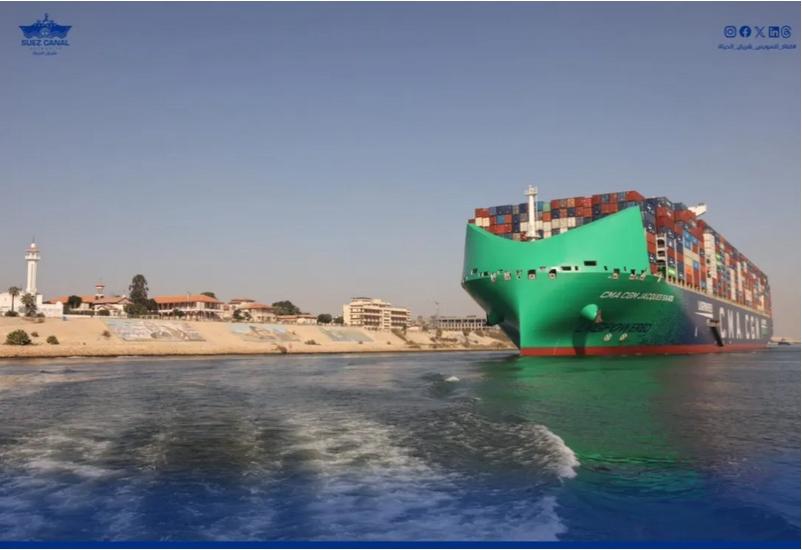Laytime Clauses 装卸时间条款
Failure to have a cargo in readiness
未能备妥货物
2.244 In a charterparty, in the absence of any qualification to the contrary, the undertaking of the charterer to furnish a cargo is absolute. This principle was affirmed by the House of Lords in the Scottish case of Arden Steamship Co v. Andrew Weir & Co, where it was held that the mere existence of circumstances beyond the control of the shipper, which make it impractical for him to have his cargo ready, will not relieve him from paying damages for breach of his obligation. However, this does not mean that, if a berth becomes available unexpectedly, or would if cargo had been available, the charterer or shipper as the case may be must have his cargo ready. This is the effect of a somewhat misunderstood decision of the House of Lords in Little v. Stevenson, where it was held that the shipper’s or charterer’s obligation is only to have his cargo ready when the ship is ready to receive it in ordinary course, and that he is not bound to be prepared for a contingency or fortuitous circumstance not contemplated by either of the parties.
2.244在租船合同中,若没有相反的限制条件,提供货物是承租人的绝对义务。这一原则在上议院审理的一个苏格兰案例Arden Steamship Co v. Andrew Weir & Co—案中得到确认。在该案中,法院判决是:仅仅是因为当时的情况超出了托运人的控制范围,对他来说不太现实备妥货物,所以他仍然不能免于因其违约而支付赔偿金的责任。然而,这并不等于说,一旦泊位意外地空出来,或者有货的话,承租人或者托运人必须根据当时情况将货物备好。这一判决结果,相比较另一个上议院案例Little v. Stevenson的判决多少有理解上的偏差。在那个案件中 ,上议院判定:托运人或者承租人的义务仅仅是在正常情况下当船舶做好接货准备时将货物备妥即可,而不必为双方当事人均无法预料的意外情况或偶然事件做好准备。
2.245 An illustration of what may be taken to be within the contemplation of the parties is provided by the case of Jones Ltd v. Green & Co, where a ship was chartered to load coal at Newcastle, New South Wales, from a colliery to be nominated by the charterers. By custom of the port, the vessel concerned could not berth until it received a coaling order advising that a cargo was available. The colliery nominated had a limited output and, as was known to all parties, its coal was in great demand. A delay was therefore inevitable.
2.245 至于什么情况可以被视为双方当事人预料之中的事情,在Jones Ltd v. Green & Co—案给出了明确的答案。该轮出租前往澳大利亚新南威尔士州纽卡斯尔装煤,货源地是来由承租人指定的煤矿场。按照该港的习惯,船舶只有收到了备妥待装货物的指示后才能靠泊。但众所周知的是,由于煤炭需求量很大,指定煤矿的产量有限。所以,延迟是不可避免的。

2.246 In these circumstances, the Court of Appeal held that the charterers were not bound to have a cargo ready against the chance of the ship’s arrival by a certain date, but that their obligation was discharged if the ship got her due turn in the rotation of ships booked to load from the particular colliery; and that, if this was done, the cargo was provided within a reasonable time having regard to the facts as the parties were found to have contemplated them at the date of the charterparty.
2.246对于这些情况,上诉法院判决承租人没有义务负责为某一日正好抵达的船舶备妥货物,但是,只有按照顺序轮到该船时,指定安排装载产自某一特定具体煤矿场的货物之后,承租人的义务才被解除。而且,如果该指定义务完成之后,考虑到双方当事人被法院认定在签订租船合同当天就已经预料这一事实情况,货物就应当在合理的时间之内提供完成。
2.247 It therefore follows that, where the cargo is to come from a definite source known to both parties and no time is fixed for loading, there is no absolute obligation on the charterer to have a cargo ready immediately on the ship’s arrival at the port of loading.
2.247由此可见,如果货物出自双方共知的确切地点,并且没有明确的装货时间规定的话,承租人就没有绝对的义务在船舶抵达之时立即把货物备妥。
2.248 As was pointed out in Arden Steamship Co v. Weir, there is a considerable difference between a failure to provide a cargo and a delay in loading. In that case, the failure of the charterers to perform their primary duty of providing a cargo was the cause of the delay.
2.248正如Arden Steamship Co v. Weir—案中所指出的,货未备妥与装货延迟之间有着相当明显的区别。在该案中,延迟的原因是承租人未能履行其最基本的义务——提供货物。

As fast as the vessel could deliver
船舶尽可能快地交付货物
2.249 In London Arbitration 2/01, where discharge was to be on the basis of liner out terms, the owners claimed damages for detention for an alleged failure by the charterers/ receivers to collect a bagged cargo from the jetty as fast as the ship could discharge it. The charterers said that delays lay where they fell. The tribunal, however, said that it was a matter of degree. Whilst most delays would fall to the owners, on the other hand, if the vessel were seriously delayed by a matter within the control of the receivers, it would be unfair to find that the charterers were not liable for the delay. Thus there had to be an implied term that the charterers would do nothing to hinder or to delay the discharge or delivery of the cargo and thus the cargo had to be collected with reasonable despatch. There was, however, no implied term to the effect that the cargo was to be removed and collected by the charterers or the receivers as fast as the vessel could deliver.
2.249 在报道的伦敦仲裁2001年第2号案中,是以班轮卸货条款进行卸货,由于指控承租人/收货人未能按照船舶尽可能快的卸货速度从突堤码头接收袋装货物,船东索赔船舶滞期延迟损失。承租人却说延误是正常现象。然而,仲裁庭说:这是事实程度的问题。虽然大部分延误由船东承担,在另一方面,如果是收货人能够掌控的事情导致的船舶严重延误,认定承租人对此延误不承担责任就会产生不公平。因此,这必须有一个默示条文,即承租人不能去做任何阻碍或延迟卸货/交货的事情,并且还要合理速遣去接收货物。然而,这并不存在默示条文要求承租人/收货人如同船舶一样,达到相同迅速快捷地移走或接收货物的效果。

《装卸时间与滞期费》购买链接(点击可购买)
海运圈聚焦专栏作者 魏长庚船长(微信号CaptWei)

 2018-06-22
2018-06-22 484
484 














